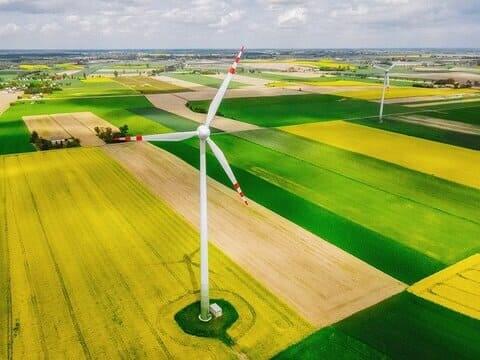| Inland Norway University of Applied Sciences | 2 years |
| Norway | Full Time |
| Master | Onsite |
The Master in Applied Ecology program is unique as it combines ecological theory and scientific methods with matters of administrative law.
Master in Applied Ecology program focuses on the sustainable use of resources through the proper implementation of various measures. We examine the effects of human intervention in nature and the measures we can take to reduce any negative influence. We put an emphasis on ecological and scientific methods through the use of new technology and statistical methods.
Applied Ecology is a subfield within ecology, which puts the science of ecology into practical use. This includes the application of ecological concepts to environmental problem solving, policy, and management, including the sustainable production, use, and management of biological resources (mainly wildlife, fish, forest, cultivated plants, and livestock). ‘Applied’ in the present study program also refers to the ability to carry to completion a limited piece of research. They train students to be able to plan, conduct, analyze, and present results from scientific studies.
The management of our ecosystems in a way that halts the loss of biodiversity and mitigates climate change while maintaining human welfare is a major task regionally, nationally, and internationally. In the present program, we focus on the biological processes, the management, and the scientific tools needed to understand ecosystems and how they can be managed in a sustainable manner. They aim at providing the competence needed among the practitioners in education, management, and research in these areas.
Admission requirements:
- A Norwegian bachelor degree or an education recognized as being equivalent to a Norwegian bachelor degree with an average weighted (ECTS credits) mark of at least C
- An education recognized as three years of higher education in Norway
- Education approved as equivalent to the above-mentioned degrees according to university law § 3-4.
The degree from higher education has to include the equivalent of at least 80 ECTS credits of the following subjects:
- Minimum 4 ECTS-credit equivalents in statistics or similar topics
- Minimum 76 ECTS-credit equivalents in ecology, forestry, biology, zoology, botany, evolution, wildlife biology, environmental sciences, additional statistics or other relevant topics
For More Information: Official Website
Read More: MSc in Business Analytics at Norwegian school of economics
English
No tuition fees
Master's Degree
1 February (Every Year)
All non-native English speakers must provide documentation of English language proficiency at a high level.
IELTS Academic: 6.0
At Inland Norway University of Applied Sciences (INN University), Offered flexible educational programs at six different campuses. In addition to the degree programs at the bachelor’s, master’s, and doctoral levels, INN University has a wide range of one-year studies and shorter courses that respond to society’s need for lifelong learning.
February 1st (applicants outside EU/EEA)
All Nationallities

